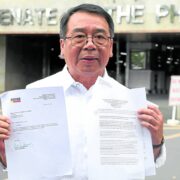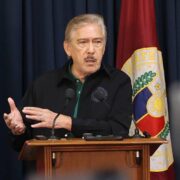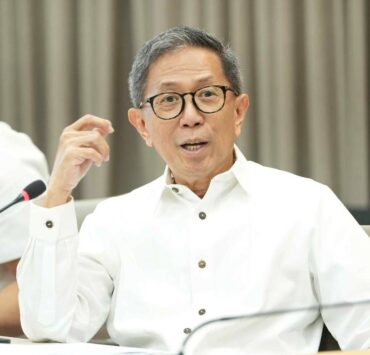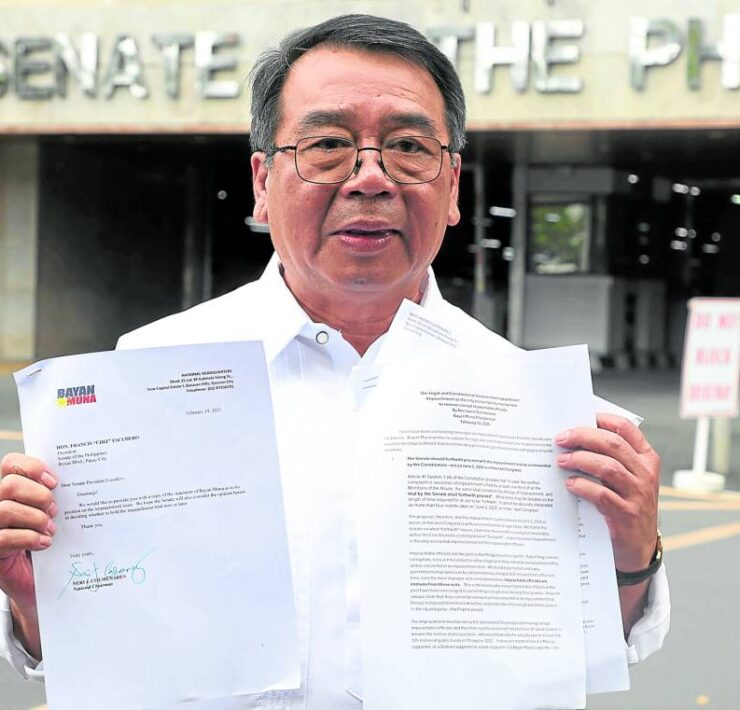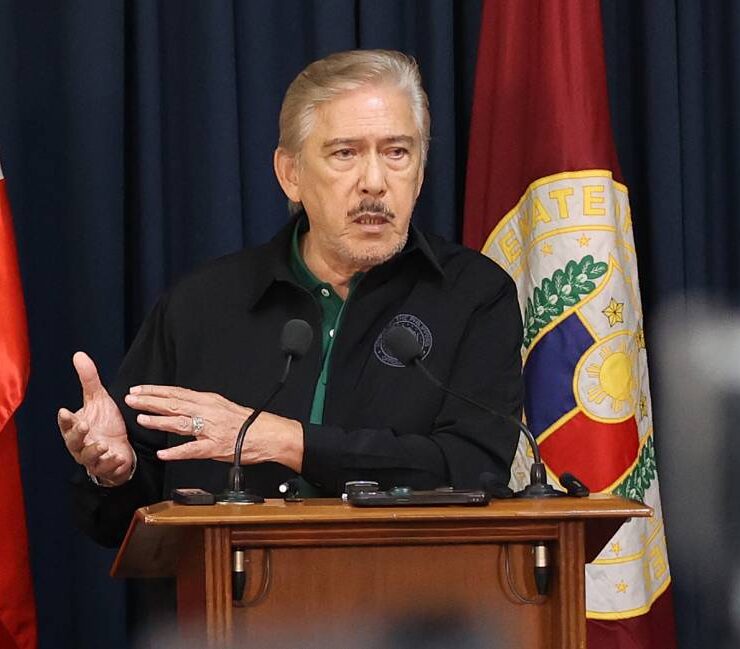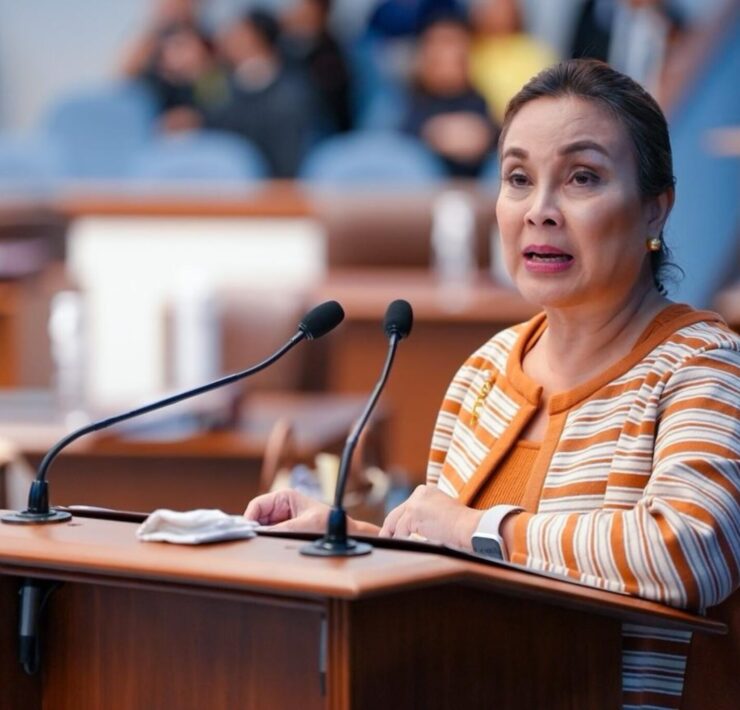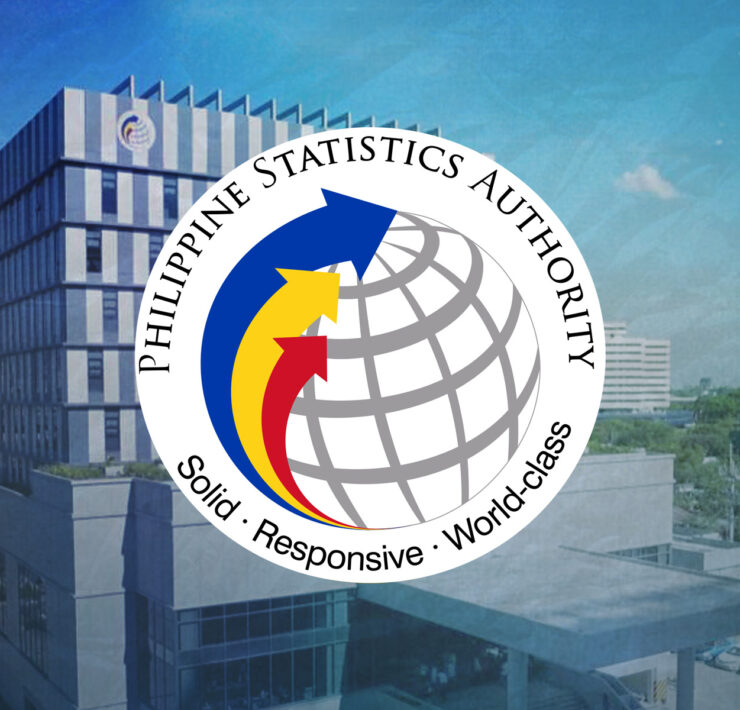DBM chief: Make ‘louder’ calls for FOI law in 20th Congress
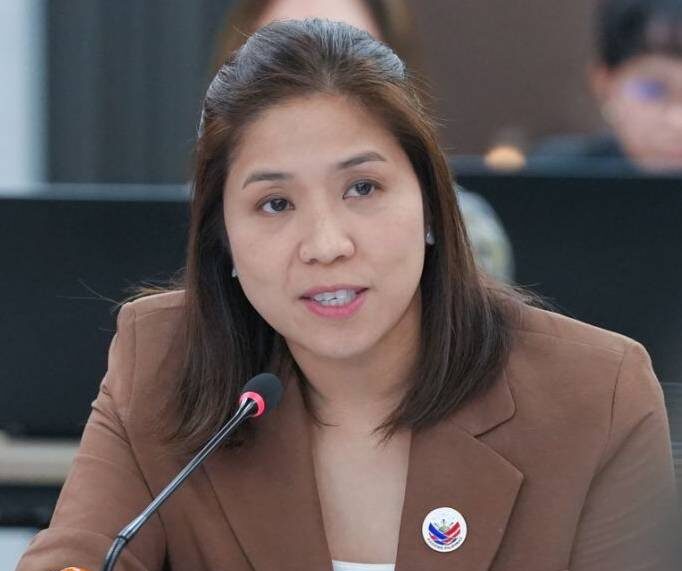
Budget Secretary Amenah Pangandaman called on the incoming 20th Congress to finally approve the freedom of information (FOI) bill, a measure advocated since the 1980s by lawmakers, anticorruption watchdogs and civil society groups, gaining traction in local ordinances and Palace directives, but had repeatedly faltered in the national legislature.
Speaking during a program in celebration of Open Government Week on Friday, Pangandaman underscored the need for upholding the people’s right to information as enshrined in the Constitution.
“However, the fact remains that we have yet to pass an enabling law that will truly uphold people’s constitutional right to information. This is why I am calling on everyone present here tonight to make our clamor for the passage of a law on right of access to information in the 20th Congress even louder and clearer,” she said.
According to Malacañang, Pangandaman is one of the economic managers being retained by President Marcos, who earlier this week ordered all Cabinet officials and agency chiefs to file their courtesy resignations as part of the administration’s postelection performance review and “reset.”
Earlier this month, Makati Business Club executive director Rafael Ongpin also cited the FOI bill as one of the measures that the business community would like to see passed in the 20th Congress.
The Philippine Open Government Partnership (PH-OGP), an initiative chaired by Pangandaman, recently conducted stakeholder consultations revisiting strategies for pushing the bill.
Two latest drafts—one from the Department of Budget and Management (DBM) and another from the Presidential Communications Office—have been presented to business, civil society and academic organizations for feedback.
While waiting
In the meantime, the PH-OGP had made some significant strides in embedding “open government principles” in public service, Pangandaman said in her speech.
“We have moved steadily from commitment to action. We’ve demonstrated that open government is not just a passing trend. It is a working principle embedded in how we plan, spend, consult, and reform,” she said.
Pangandaman cited the Philippines being cited as Asia’s most fiscally transparent country in the latest Open Budget Survey, and its improved ranking in the 2025 World Press Freedom Index.
The DBM chief also reported that a total of 88 local governments had passed FOI ordinances, showing how the drive for change can emanate from the bottom up.
She also cited the New Government Procurement Act (Republic Act No. 12009) signed by Marcos on July 20, 2024, calling it the biggest anticorruption measure in recent years.
Roco an early proponent
The legislative drive for an FOI law can be traced to 1987, when then Camarines Sur Rep. Raul Roco filed House Bill No. 498.
In 2008, the House approved an FOI bill—HB No. 3732—while the Senate approved its own version the following year. Following a bicameral conference, a reconciled version was approved by the Senate in February 2010 but the House failed to do the same due to a lack of quorum.

In July 2016, then President Rodrigo Duterte signed Executive Order No. 2, which granted public access to information held by government offices—but only those under the executive branch.
Under the EO, local governments were just “encouraged to observe and be guided” by the order.
Latest status
In the current 19th Congress, more than a dozen FOI-related bills have been filed in both chambers.
Among them was Senate Bill No. 2880, filed in November 2024 with Senators Grace Poe, Joel Villanueva, Loren Legarda, Robinhood Padilla, Ramon “Bong” Revilla Jr., and then senator (now education secretary) Sonny Angara as coauthors.
The bill is currently pending second reading.
In the House, two FOI bills were filed—1638 and 5022—by Quezon City Rep. Patrick Michael Vargas and Parañaque City Rep. Gus Tambunting, respectively.
In June 2023, President Marcos pledged to uphold FOI as a vital tool against misinformation.
Yet earlier that year, in March, Malacañang announced the imposition of additional restrictions on the FOI directive issued by Duterte, particularly on information related to national security and the safety of minors. —WITH REPORTS FROM INQUIRER RESEARCH




